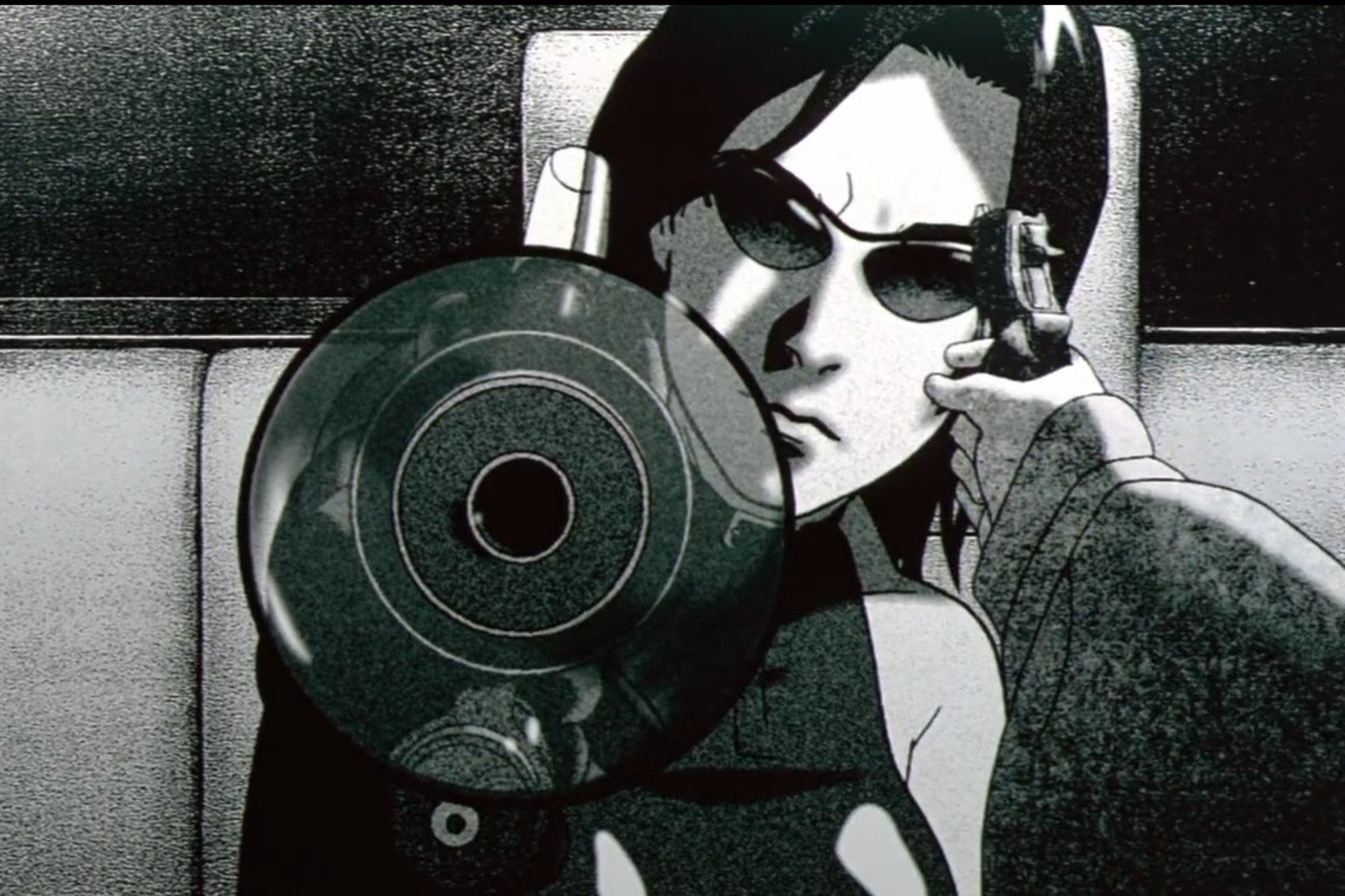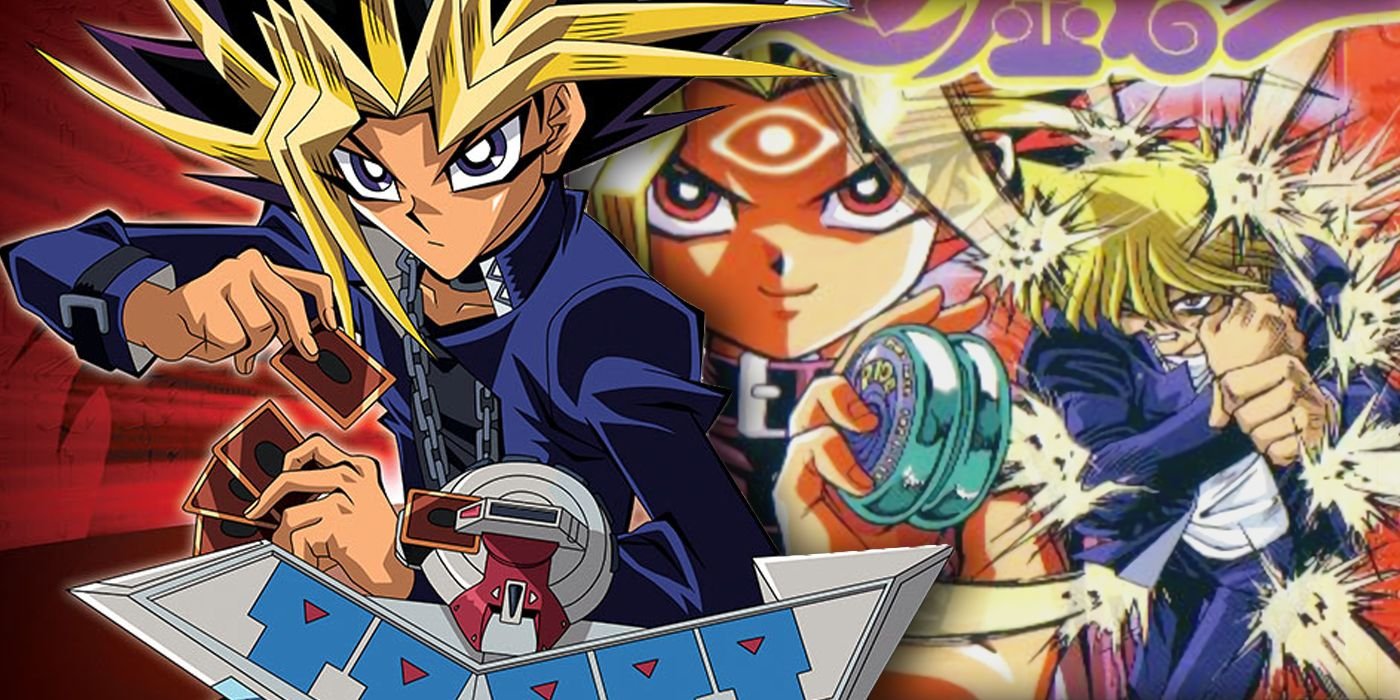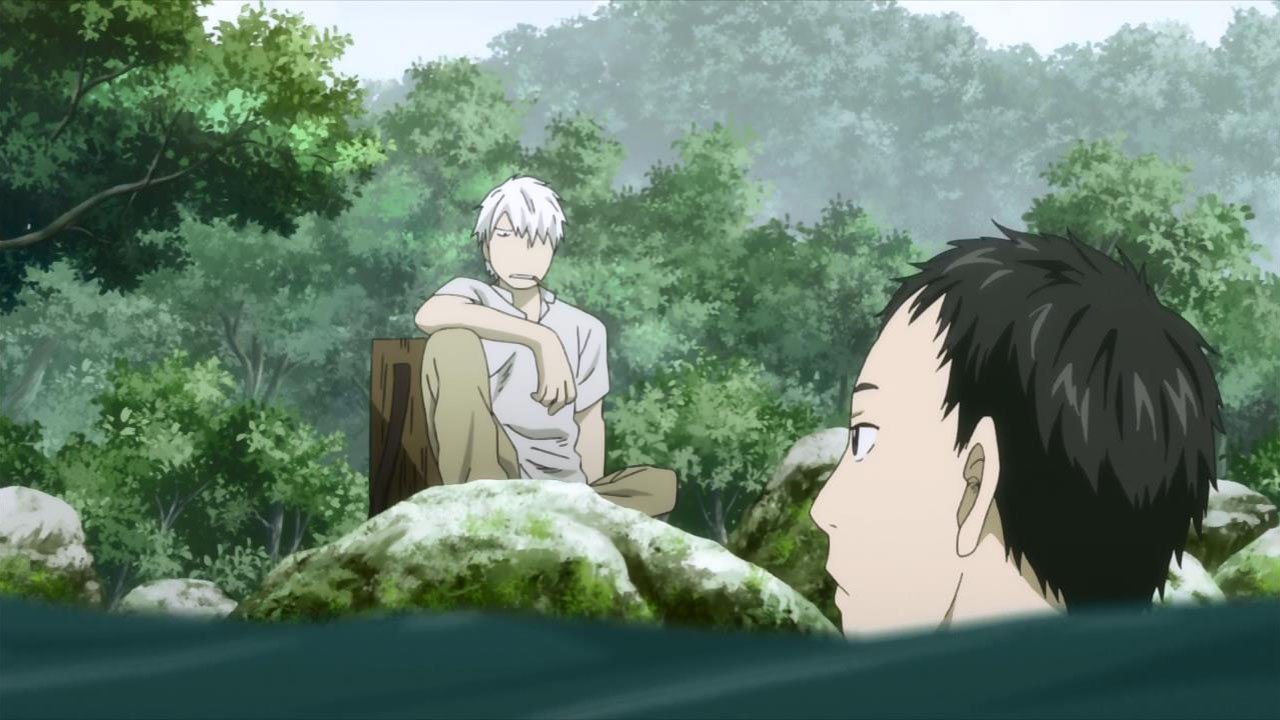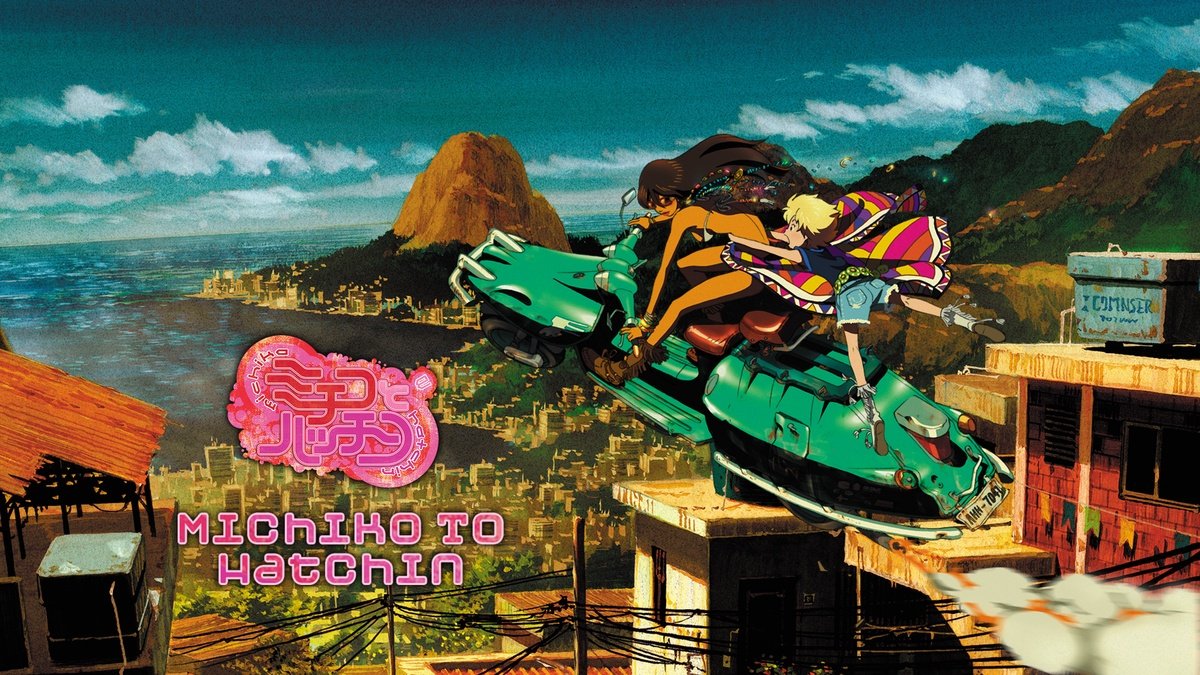The Animatrix: Breaking Through Western Animated Cinema

Right before the turn of the millennia, the Wachowski Sisters released a game-changer in cinema.
In 1999, The Matrix presented a dystopian world that philosophically engaged with the potential outcomes of the digital revolution to an audience that had just experienced its infant beginnings. Yet, not only was the story years ahead of its time. The blend of western cinema heavily inspired by the fictive worlds of Japanese animation (especially by Ghost In The Shell) created a visionary work of art that kicked off more than just a Trilogy.
To promote The Matrix's first installment, the Wachowskis' visited Japan. Further, they arranged meetings with the anime industry's luminaries, whose imaginative worlds significantly informed their breakthrough project. Being introduced to the likes of Shinichiro Watanabe, responsible for Cowboy Bebop, or Akira's animation director Kōji Morimoto would conclude a canonical add-on to a world that questions reality.
Released in 2003, The Animatrix presents an anthology of nine animated short films set in the universe of the Matrix franchise. Initially conceived as a TV series but finally assembled into one collection, the originators left the direction and animation to various Japanese professionals -- amongst them: the aforementioned masterminds. Not all films tie in directly with the Trilogy's plot.
Some directors were given autonomy in creating narratives that present the whimsical world from new perspectives. In contrast, other directors built their iterations on the Wachowskis' writings and comic series, producing stories that provided backstories about events and characters of the main plot.
Well received by the press, The Animatrix set an essential benchmark in the West. At the time of its release, animated movies by the accounts of Disney and Dreamworks either addressed kids or were considered second-tier media for big franchises. Simultaneously, anime still needed to reach the mainstream. The Japanese director's diverse conceptions of the Matrix universe exposed America to sophisticated storytelling via animation, breaking the stigma of animated cinema.





